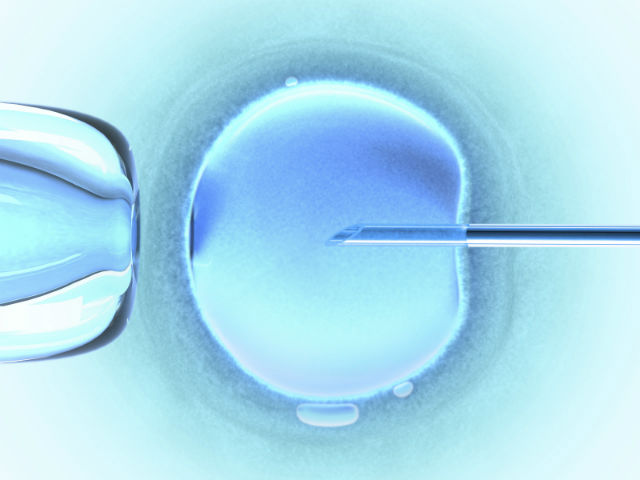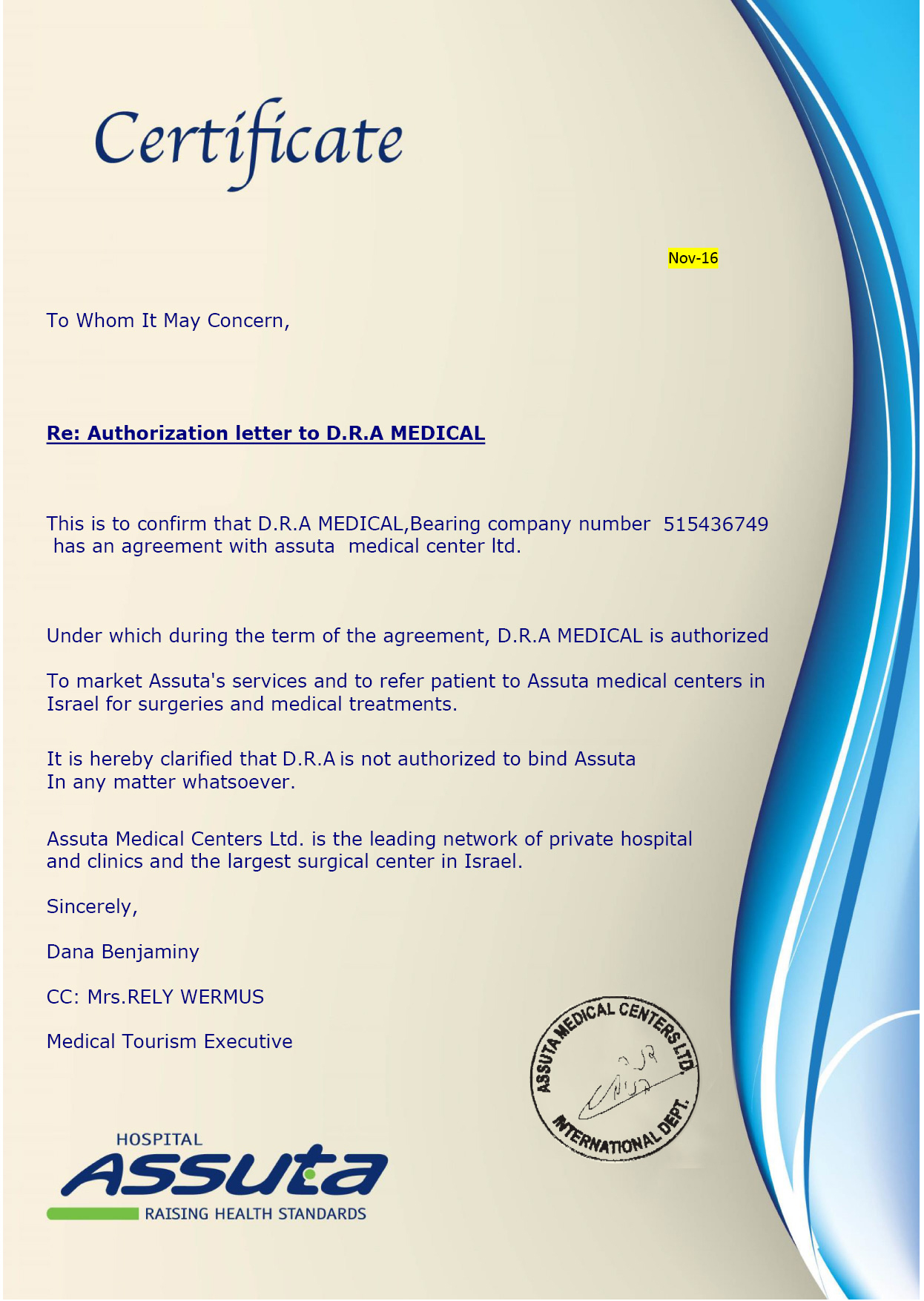IVF Procedure
In vitro fertilization (IVF) programs have helped countless people become parents during the past 30 years. Israel is one of the world leaders in IVF, with over 20 IVF units as well as several well-known fertility research institutes. Patients travel to Israel from across the globe because of the high success rate of Israel’s IVF programs, which are led by some of the world’s top infertility specialists. IVF is nearly 7 times more common in Israel than in the US, and 11 times more than in England.
Israel is the fifth country to have delivered a "Test Tube Baby". Since then, IVF treatment in Israel has been at the forefront of the field and is one of the most innovative of its kind. More than 40 percent of fresh embryos as well as 30 percent of thawed embryos produce pregnancies after implantation. You will be matched with the best doctors possible, and receive care in medical facilities that specialize in I.V.F treatments to make sure you have the highest possible success rate.
For people who long to be parents but one of them has fertility problems, in vitro fertilization offers the opportunity to fulfill their desire to have a family. IVF is the most effective means of assisted reproductive technology. The procedure can be performed using your own eggs and your partner's sperm, or you may use eggs, sperm or embryos from a donor.
The 5 steps of IVF procedure
There are 5 steps in the IVF procedure: ovulation induction, egg retrieval, sperm retrieval, fertilization and embryo transfer. One cycle may take about 14 days to complete, and sometimes it requires additional cycles.Ovulation Induction
If you are using your own eggs for IVF, at the start of a cycle you will start taking synthetic hormones to stimulate your ovaries to produce multiple eggs. Multiple eggs are needed because some eggs won't fertilize or develop normally after fertilization. You may need to take some medications to help with this, such as medications for ovarian stimulation and medications to prevent premature ovulation.After one to two weeks of ovarian stimulation, your eggs will be ready for retrieval. Your doctor will perform a vaginal ultrasound or do blood tests to determine when the eggs are ready for collection. Once the eggs are ready, IVF moves into the egg retrieval stage.
Egg Retrieval
Egg retrieval can be performed in your doctor's office or a clinic. It normally takes place 34 to 36 hours after the final injection and before ovulation. During egg retrieval, you will be sedated and given pain medication. Eggs are usually collected by transvaginal ultrasound. A probe is inserted in your vagina to identify follicles. Then a thin needle is inserted into an ultrasound guide, goes through the vagina and into the follicles and retrieves the eggs.Multiple eggs can be removed in about 20 minutes. After egg retrieval, you may experience some cramping. Mature eggs are placed in a nutritive liquid (culture medium) and incubated. Eggs that are healthy and mature will be mixed with sperm to attempt to create embryos.
Sperm retrieval
If you are using your partner's sperm, he will provide a semen sample at your doctor's office. Donor sperm also can be used. Sperm are separated from the semen in the lab and prepared for the fertilization process.Fertilization
Fertilization is attempted through one of two methods: insemination or intracytoplasmic sperm injection (ICSI). During insemination, healthy sperm and mature eggs are combined and incubated overnight. In ICSI, each mature egg is directly injected with a single healthy sperm. ICSI is often used when semen quality or sperm number is a problem, or if prior fertilization attempts through IVF failed.
Embryo Transfer
Embryo transfer is done at your doctor's office or a clinic. It usually takes place two to six days after egg retrieval. The doctor or a nurse inserts a thin, flexible tube called a catheter into your vagina, through your cervix and into the uterus. A syringe containing one or more embryos suspended in a small amount of fluid is attached to the catheter, and then delivered through the tube into your uterus.If the procedure is successful, the embryo will implant in your uterus lining about six to 10 days after egg retrieval. Your doctor will take a blood sample from you to detect whether you are pregnant about 10 to 14 days after egg retrieval.












